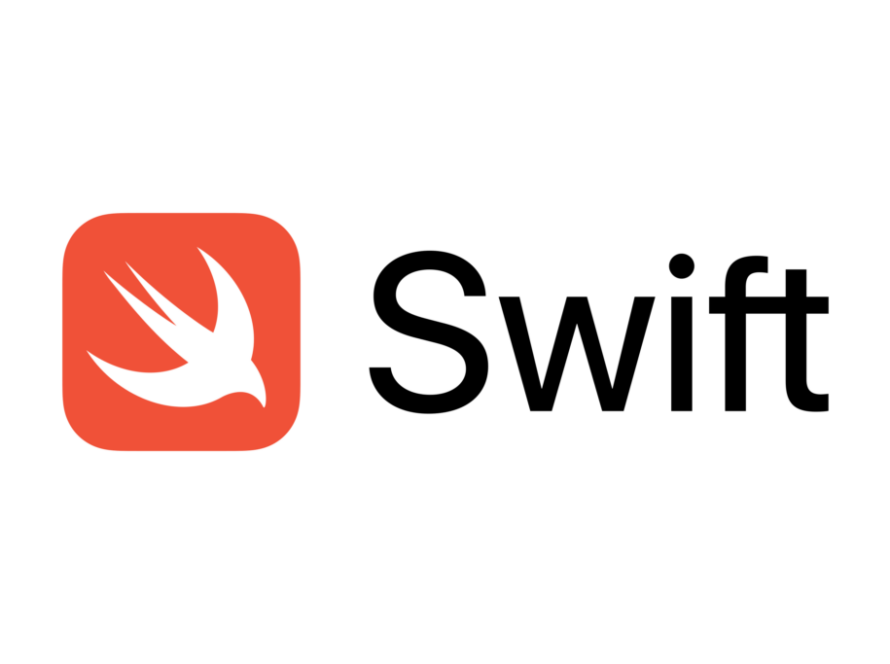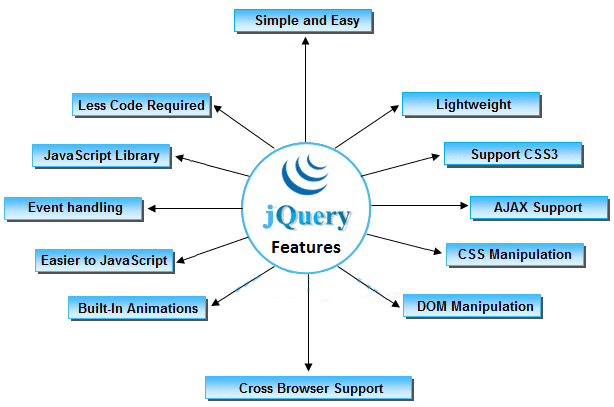Table of Contents
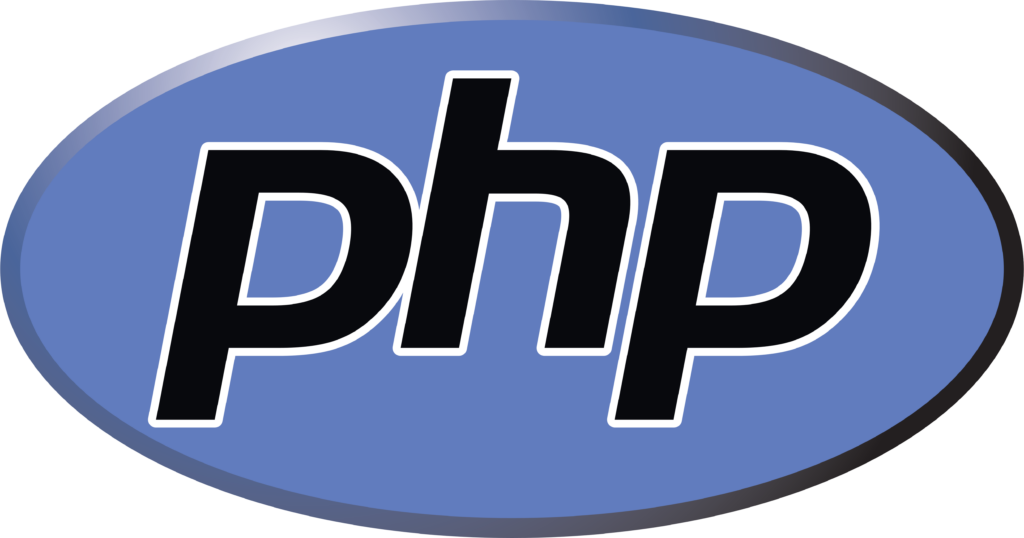
Introduction
PHP is a powerful and popular server-side scripting language that is widely used in the development of web applications. From content management systems like WordPress to e-commerce sites, it is a versatile language that can be used to create dynamic and robust web experiences.
One of the main benefits of using PHP is its dynamic nature. With this, developers can create dynamic web pages that can change and adapt based on user input, data from a database, or other variables. This makes it an ideal choice for web applications that need to be flexible and responsive to different user needs.
Another advantage of this is its robustness. As a server-side scripting language, It can handle large amounts of data and traffic, making it a great choice for sites with a lot of visitors and users. For example, popular sites like Facebook and Wikipedia are built with this, which is a testament to its ability to handle large amounts of data and traffic.
One of the reasons for it’s popularity is its ease of use. The language is straightforward and easy to learn, making it a great choice for beginners and experienced developers alike. In addition, it has a large and active community of developers who create libraries, packages, and tools that can be used to extend the functionality of the language.
Another reason for PHP’s popularity is its compatibility with other technologies. For example, it can be used in combination with other server-side technologies like databases, as well as front-end technologies like HTML, CSS, and JavaScript. This makes it a flexible and versatile language that can be used to create a wide range of web applications.
History
PHP, or Hypertext Preprocessor, is a widely-used, open-source programming language for web development. From its humble beginnings as a set of Common Gateway Interface (CGI) scripts to its current status as a powerful and versatile language, it has come a long way in its 20-plus year history. In this blog, we’ll take a look at the history of this and how it has evolved into one of the most popular web development languages in use today.
- The Origins of PHP
PHP was created in 1995 by Rasmus Lerdorf, a Danish-Canadian programmer, as a set of Common Gateway Interface (CGI) scripts designed to keep track of visitors to his personal website. He called the scripts “Personal Home Pages Tools,” or it’s Tools. Over time, Lerdorf expanded on these scripts, adding more functionality and eventually creating a set of scripts that could be used to create dynamic web pages.
The Evolution of this Andi Gutmans and Zeev Suraski, two Israeli programmers, took notice of Lerdorf’s work and began working on a new version of the language, which they called PHP/FI 2.0. This new version included support for databases, improved performance, and a more comprehensive syntax. This version became widely popular and was soon adopted by many developers for web development.
- The Emergence of PHP 3 and PHP 4
In 1998, PHP 3 was released, which was a major overhaul of the language and included support for object-oriented programming and improved performance. This version was also the first to include support for the MySQL database, which became a popular choice for web development.
In 2000, PHP 4 was released, which included significant improvements in performance and security, as well as new features such as sessions, output buffering, and error handling.
- The Rise of PHP 5
In 2004, PHP 5 was released, which included major updates to the language, including support for XML, improved object-oriented programming, and the introduction of the Zend Engine 2.0, which provided improved performance and security.
- The Growth of PHP Today
Today, PHP is used by millions of websites and is one of the most popular web development languages in use. The language is used by small businesses, large corporations, and governments, and is supported by a large community of developers who contribute to the language and its libraries.
One of the reasons for its popularity is its simplicity and ease of use. Its straightforward syntax makes it an ideal choice for beginners, as well as seasoned developers. Additionally, it’s extensive library of modules and tools makes it easy to add new functionality to your applications.
Another reason for it’s popularity is its versatility. The language can be used for a wide range of web development tasks, including server-side scripting, content management systems, e-commerce websites, and more. This versatility makes it an ideal choice for businesses that need a single language to handle multiple tasks.
Benefits
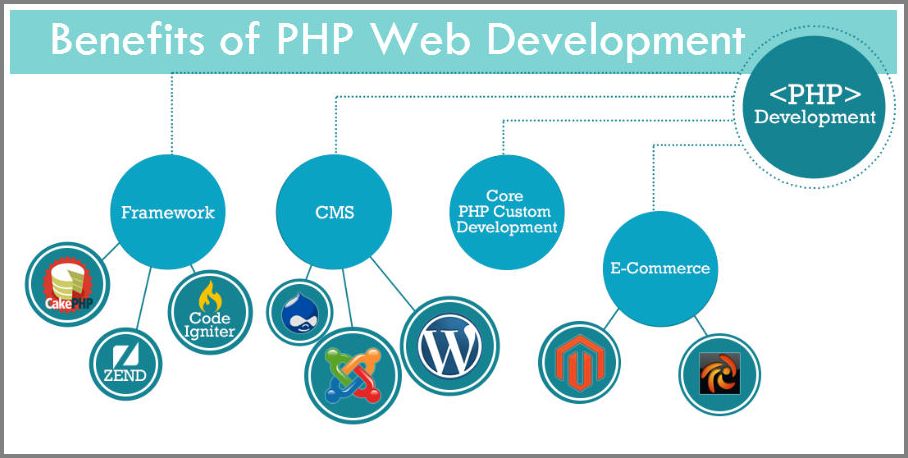
PHP, or Hypertext Preprocessor, is a popular server-side scripting language that is widely used in the development of web applications. From content management systems to e-commerce sites, this is a versatile language that offers a range of benefits for web developers.
One of the key benefits of using this is its dynamic nature. it allows developers to create dynamic web pages that can change and adapt based on user input, data from a database, or other variables. This makes it an ideal choice for web applications that need to be flexible and responsive to different user needs.
Another advantage of PHP is its robustness. As a server-side scripting language, it can handle large amounts of data and traffic, making it a great choice for sites with a lot of visitors and users. For example, popular sites like Facebook and Wikipedia are built with PHP, which is a testament to its ability to handle large amounts of data and traffic.
One of the main reasons its is a popular choice among developers is its cost-effectiveness. this is an open-source language, meaning that it is free to use and can be freely modified and distributed. This makes it a cost-effective option for web development, especially for small and medium-sized businesses that need to keep costs low.
In addition, PHP has a large and active community of developers who create libraries, packages, and tools that can be used to extend the functionality of the language. This community support provides developers with access to a wealth of resources and knowledge, making it easier to learn and use it effectively.
Another benefit of using PHP is its scalability. As a web application grows and attracts more visitors and users, it may become necessary to upgrade its infrastructure and add additional resources. This is designed to be scalable, meaning that it can grow and adapt to meet the changing needs of a web application over time.
PHP Tools
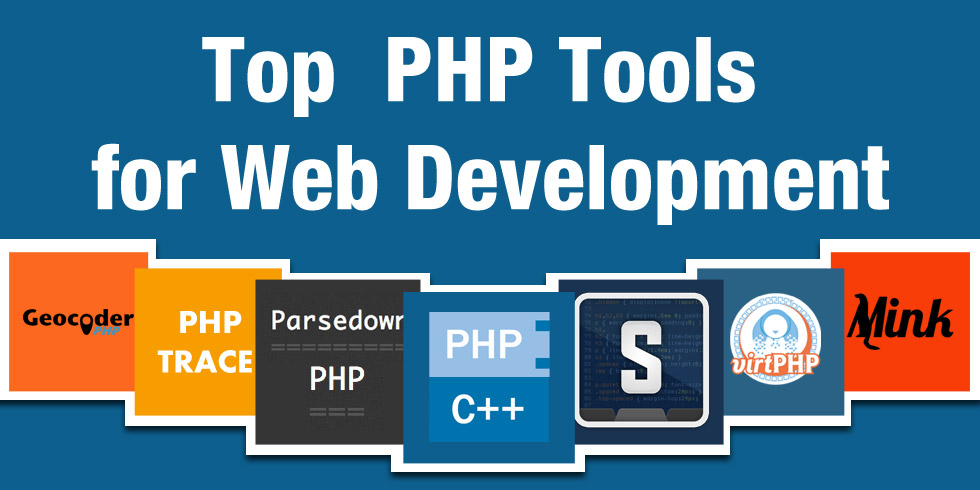
As a popular server-side scripting language, PHP offers a range of tools and resources that can help developers create dynamic and responsive web applications. Whether you are a beginner or an experienced PHP developer, these tools can help you work more efficiently and effectively, and bring your ideas to life.
One of the most important tools in the PHP developer’s toolkit is a framework. A framework is a set of libraries and tools that provide a structure and foundation for building web applications. Popular PHP frameworks include Laravel, CodeIgniter, and Yii, and they can help developers create robust and scalable web applications more quickly and efficiently.
Another essential tool for PHP development is a text editor. A text editor is a program used to write and edit code, and it is an important tool for PHP developers. Popular text editors for PHP development include Sublime Text, Atom, and Visual Studio Code. These text editors offer a range of features and tools to help developers write, debug, and manage their code.
Debuggers are another important tool for PHP developers, as they can help identify and fix errors and bugs in code. Popular PHP debuggers include Xdebug, and PhpStorm Debugger. Debuggers can help you find and fix errors more quickly and efficiently, saving you time and effort in the development process.
Version control systems are another essential tool for PHP developers. These systems allow developers to track changes to their code over time, and collaborate with other developers on a project. Popular version control systems for PHP development include Git, Mercurial, and SVN.
Testing tools are also an important part of the PHP developer’s toolkit. These tools allow developers to test their code and ensure that it is working correctly before deploying it to a live website. Popular testing tools for PHP include PHPUnit, and Codeception.
Finally, the PHP community is an essential resource for developers, and it offers a range of tools and resources that can help you learn and improve your skills as a PHP developer. Community-driven sites like Stack Overflow, and GitHub are a great place to ask questions, share your knowledge, and connect with other developers.
Conclusion
In conclusion, PHP has proven itself to be a highly effective and versatile language for web development. With its straightforward syntax, extensive library of modules and tools, and ease of use, this is the ideal choice for businesses, developers, and organizations looking to create dynamic and engaging web applications.
One of the key factors behind it’s success is its ability to handle a wide range of web development tasks, from server-side scripting and content management systems to e-commerce websites and beyond. This versatility makes it an ideal choice for businesses that need a single language to handle multiple tasks, and its simplicity ensures that it is accessible to developers of all levels of experience.
Another reason for it’s popularity is its performance and security. The language is constantly being optimized to ensure that it remains a top choice for web development, and its large community of developers is dedicated to finding and fixing any potential security vulnerabilities.
It is also worth mentioning the thriving PHP community, which plays a significant role in the continued development and improvement of the language. With a large number of developers contributing to the language and its libraries, it remains a top choice for web development for many years to come.
Finally, it is worth mentioning the future of PHP. The language continues to evolve and improve, with new features being added regularly and the language being optimized for performance and security. With its popularity showing no signs of slowing down, the future of this looks bright, and the language is set to remain a top choice for web development for many years to come.
In conclusion, PHP is a powerful and versatile language that has proven itself to be a top choice for web development. Whether you’re a beginner or a seasoned developer, its offers the tools and features you need to create dynamic and engaging web applications. So if you’re looking to get started with web development or are looking for a language that can handle a wide range of tasks, PHP is the ideal choice for you.

